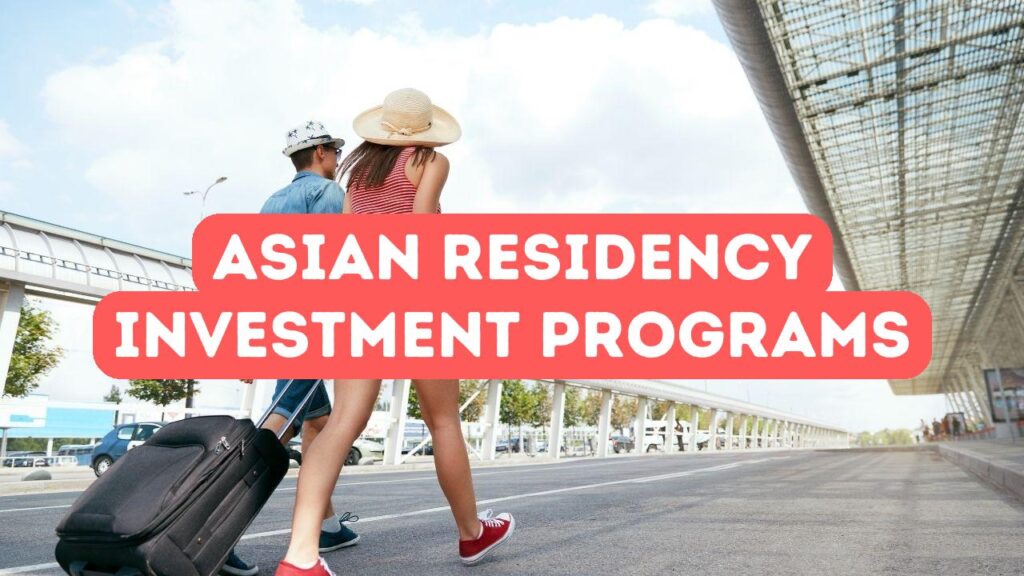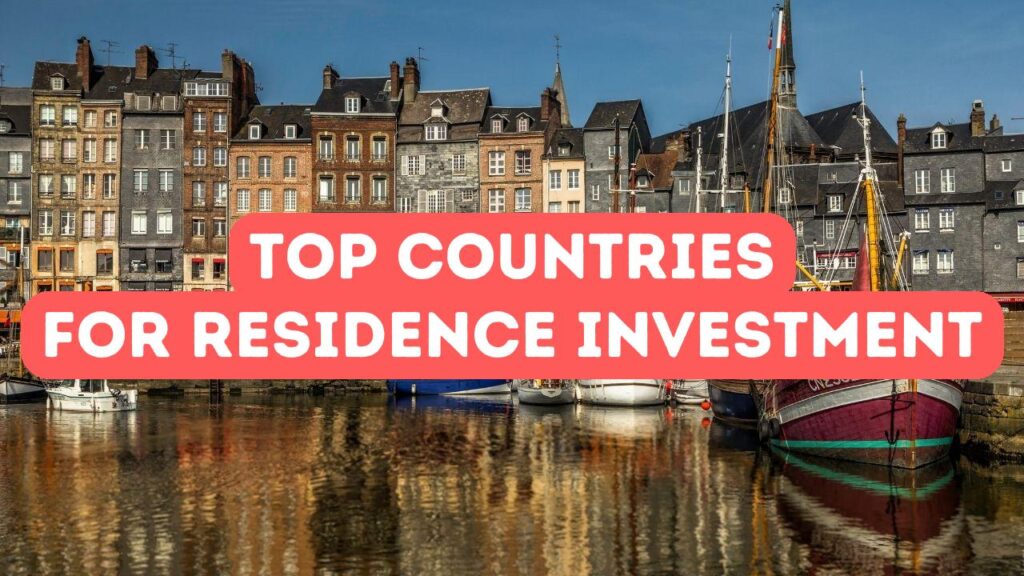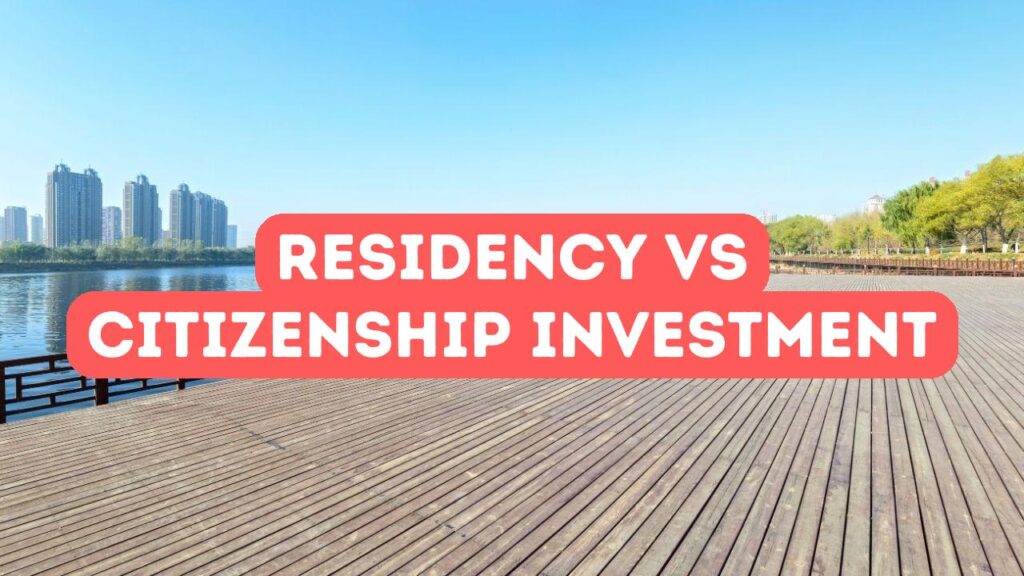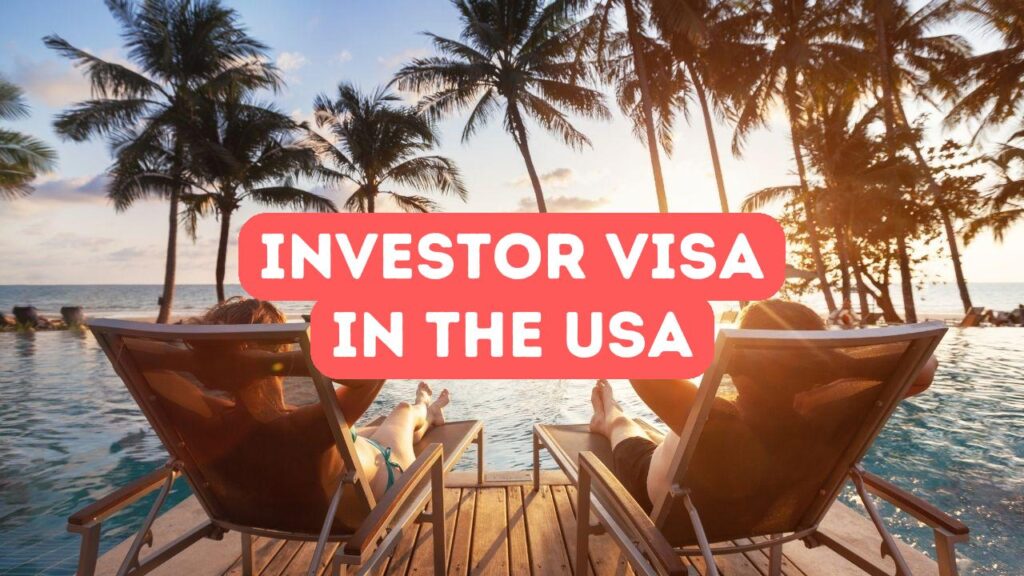Asia has emerged as a pivotal destination for high-net-worth individuals seeking residency by investment programs. As a region offering a unique blend of economic opportunity, cultural richness, and strategic geopolitical significance, Asia provides an attractive proposition for investors looking to diversify their residency options. Whether it’s the thriving business environment in Singapore, the robust financial hub that is Hong Kong, or the expansive economic growth seen in Malaysia and Thailand, these programs offer a plethora of benefits including visa-free travel, access to quality healthcare and education systems, and potential tax advantages. This blog delves into the intricacies of various Asian residency by investment opportunities, assessing the eligibility criteria, investment thresholds, and unique benefits each program offers, enabling prospective investors to make informed decisions tailored to their personal and financial goals.
Key Benefits of Asian Residency by Investment Programs
One of the key benefits of Asian residency by investment programs is the enhanced mobility they offer. Many of these programs grant visa-free or visa-on-arrival access to numerous countries worldwide, enabling business professionals and high-net-worth individuals to travel with ease. This is particularly advantageous for those who require frequent international travel for business meetings, conferences, or personal reasons. For instance, Singaporean residency allows for visa-free access to over 190 destinations, while Hong Kong residents similarly benefit from a robust network of travel privileges. This increased mobility not only simplifies travel logistics but also opens up broader opportunities for global business expansion and cultural exploration.
Another compelling benefit of Asian residency by investment programs is access to high-quality healthcare and education systems. Countries like Singapore and Malaysia boast world-class medical facilities and highly regarded educational institutions, making them attractive destinations for families and individuals prioritizing these aspects in their relocation plans. For example, Singapore’s healthcare system is consistently ranked among the best globally, ensuring top-notch medical services. Similarly, Malaysia’s educational landscape features a blend of international schools and prestigious universities that provide diverse and comprehensive curriculums. By securing residency in these countries, investors can ensure that their family members receive exceptional medical care and educational opportunities, which ultimately enhances their overall quality of life.
Additionally, potential tax advantages serve as a significant draw for those considering Asian residency by investment programs. Many countries in the region offer favorable tax regimes that can optimize an investor’s financial portfolio. For instance, Singapore’s tax system includes lower income tax rates, no capital gains tax, and various incentives for new residents and businesses. In Hong Kong, the tax structure is similarly appealing, with low personal and corporate tax rates and no sales tax or VAT. Meanwhile, countries like Thailand provide various tax incentives to attract foreign investment, such as exemptions on certain types of income and reduced tax rates for specific industries. These favorable tax conditions not only help in safeguarding and growing one’s wealth but also allow investors to strategically manage their financial obligations more effectively.
Navigating the Application Process for Residency by Investment in Asia
Navigating the application process for residency by investment in Asia starts with a thorough understanding of each country’s specific requirements and procedures. Prospective investors must first identify the most suitable program aligned with their personal and financial goals, whether it be through real estate investment, business ventures, or government bonds. This initial step often involves engaging with legal and financial advisors who specialize in residency programs to ensure all eligibility criteria are met. Detailed documentation, proof of funds, and a clear demonstration of the investment source are critical components that need to be meticulously prepared and presented. Furthermore, understanding the timelines involved—from submission to approval—can significantly aid in planning and executing the investment strategy seamlessly.
One critical aspect of the application process is ensuring compliance with each country’s due diligence and background check protocols. Most Asian countries implementing residency by investment programs require a comprehensive vetting process to safeguard national security and integrity. This often includes a thorough examination of the applicant’s financial history, criminal record checks, and sometimes interviews to assess the legitimacy of the investment and the applicant’s long-term intentions. Investors should be prepared for a stringent review where providing false information can lead to immediate disqualification and potential legal consequences. Collaborating with reputable legal experts who have on-ground experience in the respective countries can greatly enhance the efficiency and success rate of the application, ensuring that every step is handled with precision and compliance.
Once the application is submitted, continuous communication with the relevant authorities and staying updated on any additional requirements or changes in the process is vital. This phase may involve responding promptly to any requests for further information, attending interviews, or making additional investments if stipulated by the program specifics. Patience and persistence are key, as processing times can vary significantly between countries, and unforeseen delays can occur. Upon successful approval, investors will receive their residency permits, allowing them to start enjoying the multitude of benefits associated with their new status. However, maintaining the residency status often requires adherence to ongoing obligations such as minimum stay requirements, periodic renewals, or further investments. By proactively managing these aspects, investors can ensure long-term success and stability in their chosen residency by investment program in Asia.
Comparing Top Asian Countries for Residency by Investment
Singapore stands out as a premier destination for residency by investment in Asia due to its business-friendly environment, efficient infrastructure, and strategic location. The country offers the Global Investor Program (GIP), which requires a minimum investment of SGD 2.5 million in a new or existing business entity, or in an approved fund. This program not only grants permanent residency but also sets investors on a path to citizenship, contingent on sustained business performance and other criteria. Apart from its robust economic landscape, Singapore is celebrated for its high quality of life, exceptional healthcare services, and top-tier educational institutions, making it an enticing option for families looking to relocate. Additionally, Singapore’s tax framework, which includes no capital gains tax and competitive personal income tax rates, further adds to its appeal for high-net-worth individuals seeking financial efficiency and a stable living environment.
Hong Kong, another sought-after destination for residency by investment in Asia, boasts a distinctive mix of East and West, making it an enticing choice for international investors. The Capital Investment Entrant Scheme (CIES) has historically been the primary pathway, requiring a minimum investment of HKD 10 million in permissible assets, though it’s currently suspended. Alternatively, the Quality Migrant Admission Scheme (QMAS) offers a point-based system allowing successful applicants to establish residency without prior job offers. Hong Kong’s position as a leading global financial hub, equipped with a robust legal system and a low taxation environment, ensures that investors can take full advantage of its fiscal benefits. With its dynamic economy, world-class healthcare, and prestigious educational institutions, Hong Kong provides an excellent environment for business growth and family settlement, helping investors seamlessly integrate into the cultural and economic fabric of the region.
Malaysia and Thailand also present compelling options for residency by investment, each with their unique set of advantages. Malaysia’s Malaysia My Second Home (MM2H) program requires an offshore income of MYR 10,000 per month and a fixed deposit placement of MYR 1 million in a Malaysian bank for those aged below 50, making it a relatively accessible option. It offers a renewable, long-term visa allowing multiple entry stays and grants access to Malaysia’s affordable yet high-quality healthcare and education systems. Thailand, on the other hand, provides the Thailand Elite Residence Program, which offers multiple packages starting from a five-year residency for a one-time fee of THB 600,000. This program caters specifically to high-net-worth individuals seeking a luxurious lifestyle with exclusive privileges such as VIP airport services, spa treatments, and golfing benefits. Coupled with Thailand’s low cost of living and vibrant cultural scene, these programs offer flexible, attractive solutions for those seeking a blend of comfort, affordability, and strategic regional access.







